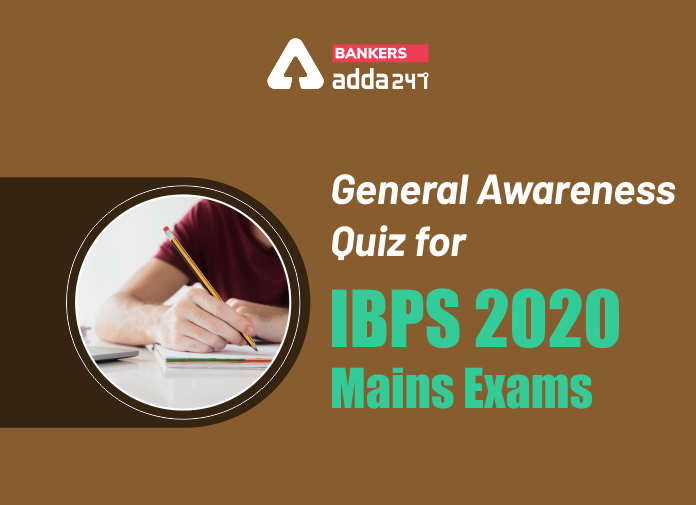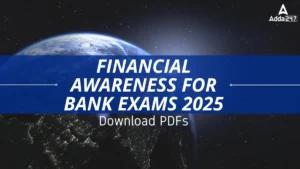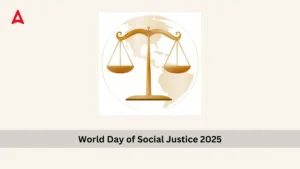Q1. Where was the first Headquarters of Reserve Bank of India (RBI)?
(a) New Delhi
(b) Lucknow
(c) Kolkata
(d) Chennai
(e) None of these
Q2. Which Commission recommended the formation of Reserve Bank of India (RBI)?
(a) YV Reddy Committee
(b) Hilton Young Commission
(c) Rangrajan Committee
(d) J Reddy Committee
(e) None of these
Q3. The Reserve Bank of India was established in 1935 with a capital of _____ crore.
(a) 50 lakhs
(b) 1 crores
(c) 2 crores
(d) 5 crores
(e) 10 crores
Q4. On July 6, 2005 a new department, named _______________ in Reserve Bank of India was constituted for surveillance on financial markets.
(a) Financial share Market Department
(b) Financial Market Department
(c) Financial Capital Market Department
(d) Financial Trade Market Department
(e) None of these
Q5. Bharatiya Reserve Bank Note Mudran Private Limited (BRBNMPL) is established by Reserve Bank of India in which year?
(a) 1988
(b) 1992
(c) 1990
(d) 1995
(e) 1998
Q6. Which denomination note was the first paper currency issued by RBI in January 1938?
(a) Rs. 2
(b) Rs. 5
(c) Rs. 10
(d) Rs. 100
(e) Rs. 1000
Q7. What is the total numbers of central board of directors in RBI?
(a) 4
(b) 8
(c) 10
(d) 15
(e) 20
Q8. The RBI established under which act?
(a) RBI Act of 1921
(b) RBI Act of 1934
(c) RBI Act of 1949
(d) RBI Act of 1926
(e) None of these
Q9. The Reserve Bank was nationalized in which year?
(a) 1934
(b) 1949
(c) 1955
(d) 1969
(e) None of these
Q10. The Central Board of Directors of the Reserve Bank are appointed by?
(a) The Central Government
(b) RBI Governor
(c) President of India
(d) State Government
(e) None of these
Q11. DICGC is one of the fully owned subsidiaries of RBI, full form of DICGC is?
(a) Deposit Initially and Credit Guarantee Corporation of India
(b) Deposit Insurance and Credit Guarantee Corporation of India
(c) Deposit Incorporation and Credit Guarantee Corporation of India
(d) Deposit Intern and Credit Guarantee Corporation of India
(e) None of these
Q12. RBI performs the function of Financial supervision under the guidance of?
(a) Internal Debt Management Department
(b) Board for Financial Supervision (BFS)
(c) Monetary policy department
(d) Financial Stability Unit
(e) None of these
Q13. RBI Manages the Foreign Exchange under the act?
(a) Foreign Exchange Management Act, 1949
(b) Foreign Exchange Management Act, 1988
(c) Foreign Exchange Management Act, 1992
(d) Foreign Exchange Management Act, 1999
(e) None of these
Q14. Who regulates monetary policy in India?
(a) GoI
(b) RBI
(c) SEBI
(d) BSE
(e) None of these
Q15. What is the main objective of monetary policy?
(a) Stable Stagflation
(b) Reduced Inflation
(c) Money Circulation
(d) Price stability
(e) None of these
Solutions
S1. Ans.(c)
Sol. The Central Office of the Reserve Bank was initially established in Calcutta but was permanently moved to Mumbai in 1937. The Central Office is where the Governor sits and where policies are formulated.
S2. Ans.(b)
Sol. (1) In 1926, Royal Commission on Indian Currency (Hilton Young Commission) recommends the establishment of a central bank to be called the ‘Reserve Bank of India’.
(2) In 1931, Indian Central Banking Enquiry Committee revives the issue of the establishment of the Reserve Bank of India as the Central Bank for India.
(3) In 5 March 1934, Reserve Bank of India Act, 1934, (II of 1934) constitutes the statutory basis on which the Bank is established.
S3. Ans.(d)
Sol. The Reserve Bank of India was established in 1935 with a capital of 5 crore. This capital of Rs. 5 crore was divided into 5 lakh equity shares of Rs. 100 each. In the beginning the ownership of almost all the share capital was with the non-government shareholders. In order to prevent the centralisation of the equity shares in the hands of a few people, the Reserve Bank of India was nationalised on January 1, 1949.
S4. Ans.(b)
Sol. The newly constituted Financial Market department will separate the activities of debt management and monetary operations in future. This department will also perform the duties of developing & monitoring the instruments of money marker and also monitoring the government securities and foreign money markets.
S5. Ans.(d)
Sol. The Reserve Bank established BRBNMPL in February 1995 as a wholly-owned subsidiary to augment the production of bank notes in India and to enable bridging of the gap between supply and demand for bank notes in the country. The BRBNMPL has been registered as a Public Limited Company under the Companies Act, 1956 with its Registered and Corporate Office situated at Bengaluru. The company manages two Presses, one at Mysore in Karnataka and the other at Salboni in West Bengal.
S6. Ans.(b)
Sol. The Rs. 5-note was the first paper currency issued by RBI in January 1938. It had the portrait of George VI. Within the same year, currency notes of Rs. 10; Rs. 100; Rs. 1,000; and Rs. 10,000 were issued.
S7. Ans.(e)
Sol. The Reserve Bank’s affairs are governed by a central board of directors. The board is appointed by the Government of India in keeping with the Reserve Bank of India(RBI) Act 1934. Central Board of Directors consist of 20 members. It is constituted as one governor, four deputy governor and fifteen directors.
S8. Ans.(b)
S9. Ans.(b)
S10. Ans.(a)
S11. Ans.(b)
S12. Ans.(b)
S13. Ans.(d)
S14. Ans.(b)
S15. Ans.(d)
Practice with Crash Course and Online Test Series for IBPS Mains 2020:
- IBPS RRB PO and Clerk Prime 2020-21 Online Test Series
- IBPS PO Online test series (Prelims + Mains) 2020 by Adda247
- IBPS KA MAHAPACK Online Live Classes




 Financial Awareness for Bank Exams 2025,...
Financial Awareness for Bank Exams 2025,...
 Zero Discrimination Day is Observed Ever...
Zero Discrimination Day is Observed Ever...
 World Day of Social Justice 2025, Theme,...
World Day of Social Justice 2025, Theme,...





